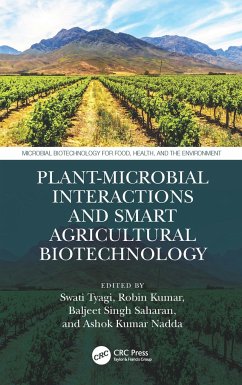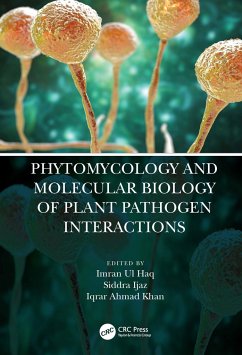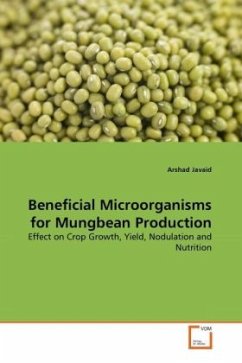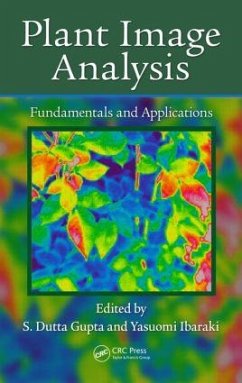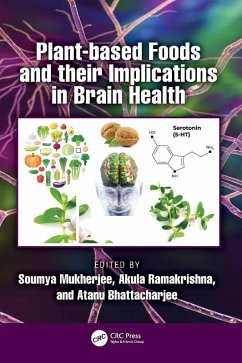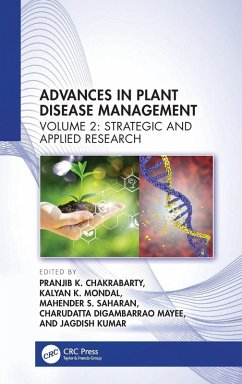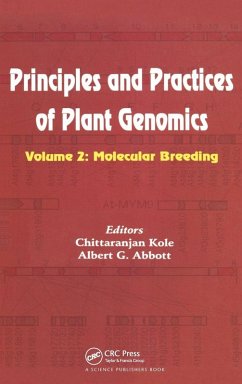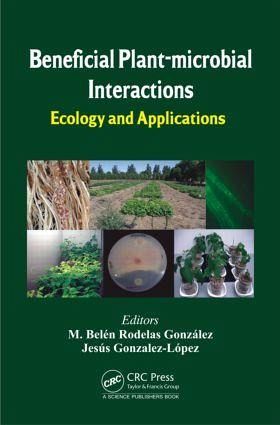
Beneficial Plant-microbial Interactions
Ecology and Applications
Herausgeber: González, M. Belén Rodelas; Gonzalez-López, Jesús

PAYBACK Punkte
113 °P sammeln!
Beneficial Plant-microbial Interactions: Ecology and Applications provides insight into the mechanisms underlying the interactions of plants and microbes, the ecological relevance and roles of these symbioses, the adaptive mechanisms of plant-associated microorganisms to abiotic stress and their contribution to plant stress tolerance, and the potential of these interactions as tools in agrobiotechnology. A team of authors with wide experience in the area contribute up-to-date reviews in nineteen chapters devoted to different ecological and applied aspects of the rhizobia-legume symbiosis, ecto...
Beneficial Plant-microbial Interactions: Ecology and Applications provides insight into the mechanisms underlying the interactions of plants and microbes, the ecological relevance and roles of these symbioses, the adaptive mechanisms of plant-associated microorganisms to abiotic stress and their contribution to plant stress tolerance, and the potential of these interactions as tools in agrobiotechnology. A team of authors with wide experience in the area contribute up-to-date reviews in nineteen chapters devoted to different ecological and applied aspects of the rhizobia-legume symbiosis, ecto- and endomycorrhizas, and plant associations with diazotrophic or adiazotrophic plant-growth promoting rhizobacteria. The book is intended for students, researchers and academic faculty members in the field of agrobiotechnology.




